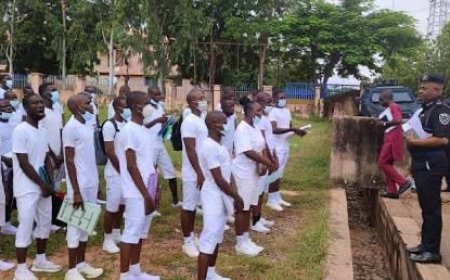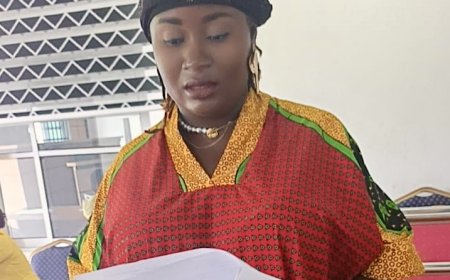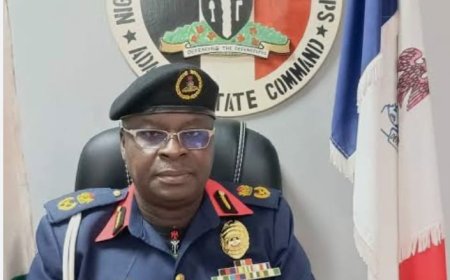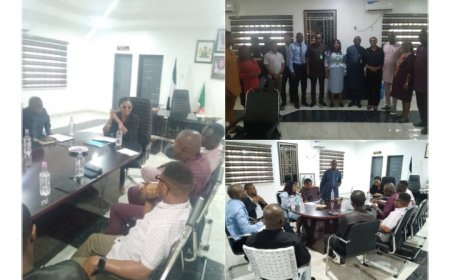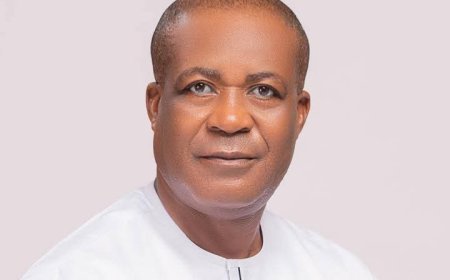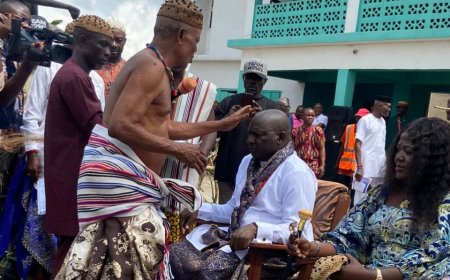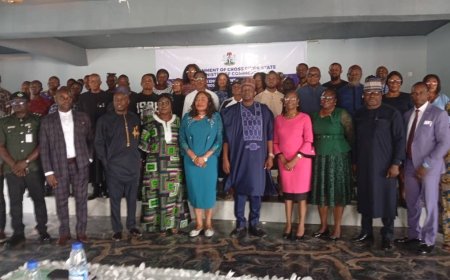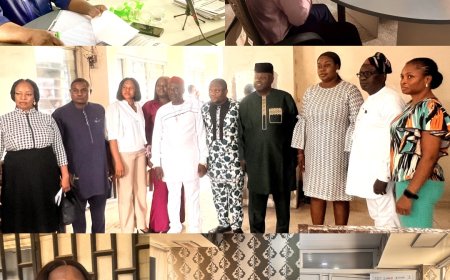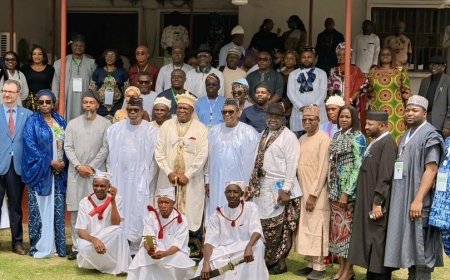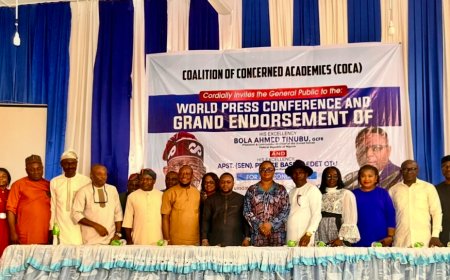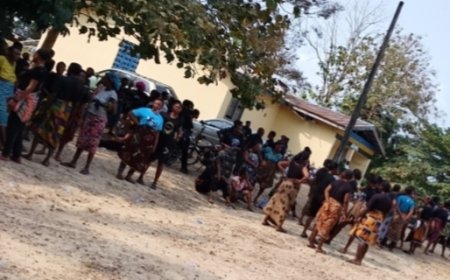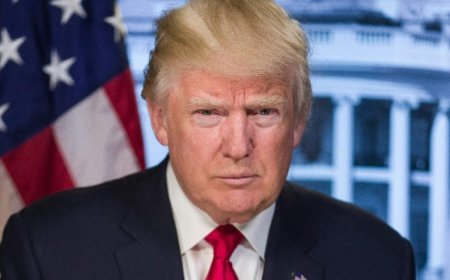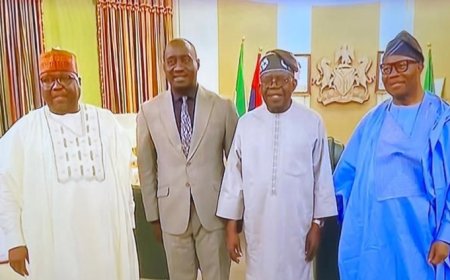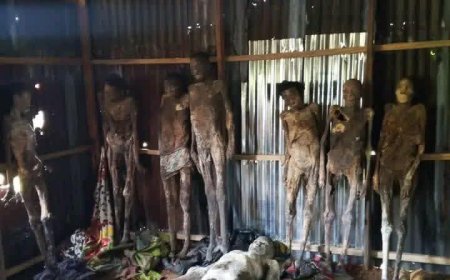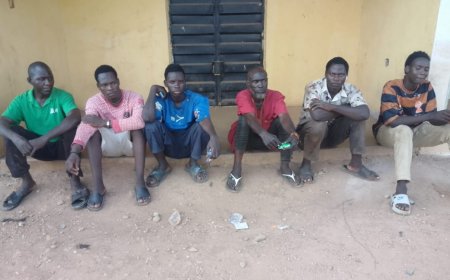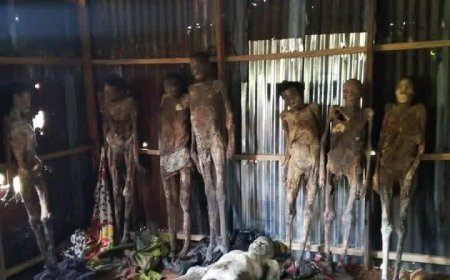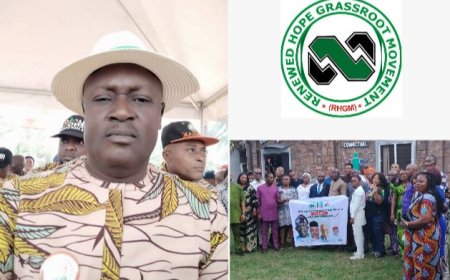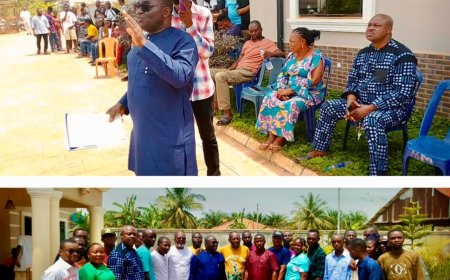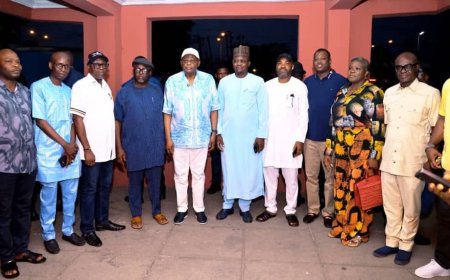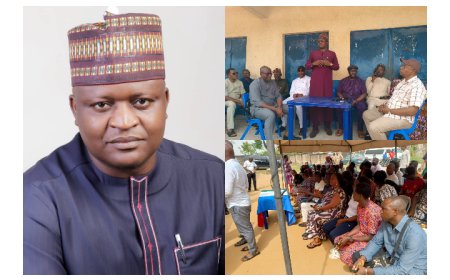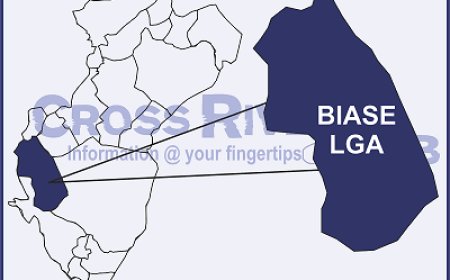Cross River: Clamour for Ogoja State an Innocent Cry for Justice, Says APC Chairman, Eba
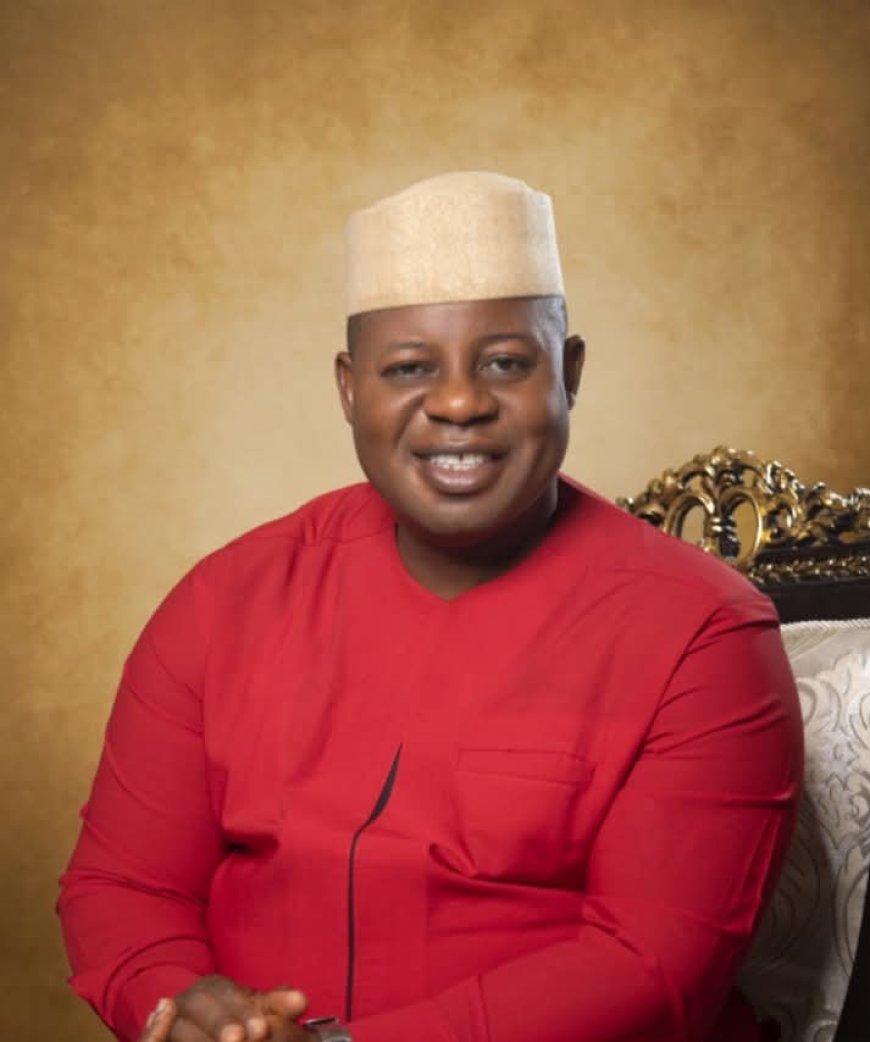
By Bassey BASSEY
The Cross River State Chairman of the All Progressives Congress (APC), Alphonsus Ogar Eba, has restated that the demand for creation of Ogoja state is an innocent cry for justice.
Eba reaffirmed the legitimacy of the call for the creation of Ogoja State, stating that the demand is a just and historical quest for equity, justice, and accelerated development, not an elite-driven political ambition.
Eba made this known during a guest appearance on Arise TV’s News Night, where he featured alongside other advocates and analysts, including representatives of the Centre for Democracy and Development (CDD).
Responding to questions about the re-curring agitations for more states and whether they are driven by power-seeking elites, Eba provided deeper context, grounding the Ogoja State demand in decades-long exclusion and structural imbalance.
According to him, the agitation for state creation has always been part of Nigeria’s national conversation, especially from minority and historically marginalized groups, but the case of Ogoja stands out as particularly urgent and deserving of attention.
In his words, “the call for Ogoja State is an innocent cry for justice.”
He pointed out that Ogoja, a former colonial province that currently comprises nine local government areas in Northern Cross River, remains the only pre-independence province yet to be granted statehood, even after several others have transformed into one or even two states over the decades.
Eba described this as a glaring historical imbalance, noting that while provinces such as Calabar, Benin, and Kano have all evolved into full-fledged states, Ogoja has inexplicably remained behind for over 50 years.
This, he argued, is not only political neglect but a case of structural marginalization, which must be addressed if the nation is serious about fairness and inclusive governance. He emphasized that the clamor for a new state is not merely sentimental but rooted in real developmental concerns.
He noted that within the current structure of Cross River State, it takes as much as 8 to 9 hours to travel across certain parts, with communities in the far north often cut off from effective governance.
In making a strong case for Ogoja State, Eba also emphasised the population, resources, and viability of the proposed state. He revealed that old Ogoja has a population of over 2.7m people and a landmass of about 13,000 square kilometers, making it larger than some existing states.
He also highlighted the area's vast economic potential, citing its agrarian base, solid mineral deposits, and world-class tourism sites like the Obudu Mountain Resort, Agbokim Waterfalls, and the Yala Salt Lakes.
He drew comparisons to global and African tourism hubs such as Kakun in Mexico and agricultural economies in Kenya, asserting that Ogoja, with the right investment and autonomy, could thrive economically.
He also recalled the legacy of Dr. Michael Okpara, the former Premier of the Eastern Region, who heavily invested in cash crops such as cocoa, oil palm, and rubber in the area , crops that are now in high demand globally.
While some argue that state creation is often a distraction from fixing leadership and governance, Eba disagreed.
He insisted that the current demand for Ogoja State is about bringing governance closer to the people, especially in regions where distance and neglect have made central administration ineffective. He noted that governance itself becomes meaningless when access and inclusiveness are lacking.
Beyond the issue of governance, Eba also touched on the broader question of fairness in Nigeria’s geopolitical structure, citing how the South-East still remains with only five states, compared to seven in the North-West, which is ironically clamoring for more.
He questioned how true equity can be achieved under such circumstances and expressed full support for similar agitations from other disadvantaged regions.
Furthermore, Eba addressed the financial sustainability of new states like Ogoja. He argued that the real issue is not whether Nigeria can afford more states, but rather whether Nigeria is ready to embrace true federalism and fiscal autonomy.
According to him, the time has come for states to move away from over-reliance on federal allocations and begin to harness their own internal resources.
“We can't continue to depend on Abuja to survive,” he said. “If given control over its resources, Ogoja State can generate enough internally to sustain itself.”
He pointed to the unfairness of the current revenue allocation structure, where oil-rich states like Delta and Akwa Ibom receive over ₦40b monthly, while Cross River , stripped of its oil assets , struggles with under ₦2 billion. This, he argued, further weakens the capacity of any governor to deliver meaningful development, making decentralization all the more necessary.
The APC chieftain reiterated that the call for Ogoja State is not about elite power games or parochial politics, but a genuine effort to correct long-standing injustices, empower communities, and uphold Nigeria’s democratic promise of equity, access, and inclusion.

